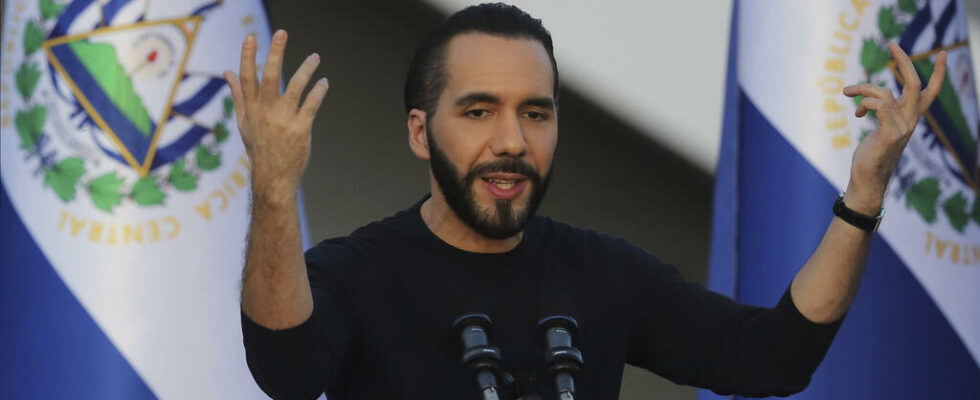The Parliament of El Salvador is expected to once again authorize mining in the country this Monday, December 23, a measure that would lift a ban in force since 2017. But the Salvadoran executive, under the leadership of its president, intends to benefit new deposits available in the subsoil, and in particular gold, to the great dismay of the opposition and environmental defenders.
2 mins
The vote in Parliament El Salvador appears to be a formality. The president Nayib Bukele there has a very comfortable majority and he intends to lift the ban which has hampered the mining sector for 7 years. A parliamentary commission in El Salvador issued a “ favorable opinion » to the bill which will lift the ban on mining.
In 2017, El Salvador became the first country in the world to ban all mines, underground or open-air. A waste, according to the Head of State, who revealed a study a few weeks ago: the country has the highest density of gold deposits in the world. “ Over 4% of the potential area, 50 million ounces of gold have been identified, valued at 131 billion dollars, the equivalent of 380% of the country’s GDP », wrote Nayib Bukele on the social network X, without however revealing the study in question.
The Director General of Energy, Hydrocarbons and Mines, Daniel Álvarez was more cautious about the mining potential, indicating that knowledge “ are not up to date “. “ We will carry out studies to know all the types of minerals that exist “, he said.
The bill contains some safeguards. He predicts that the State will be “ the only one authorized to explore, exploit, extract and process the country’s natural wealth, product of the exploitation of metal mines “. The text also includes “ banning the use of mercury in the mining process », declared Daniel Álvarez, the Director General of Energy, Hydrocarbons and Mines, before this parliamentary committee. He also assured that the law would exclude mining activities in protected natural areas or water recharge sites.
The opposition and environmental defenders, who regret the lack of debate and the risks of contamination of waterways.
Also readIn El Salvador, the law banning mining could be called into question
